- Learning time
- 10 minutes
- First play time
- 60 minutes
Inka
Designed by: Harald Lieske
In Inka players represent adventurers racing to get out of a temple, Indiana Jones-style, with three statues before anyone else does. The catch is that the walls of the temple keep moving.
The smallish board is set up so the statues are at the centre and the players pieces around the outside. The board represents a bottomless pit, and a number of tiles are overlaid that you can safely ‘walk’ on. Your objective is to fetch three statues and bring them back to the edge – on your turn you follow three straightforward phases:
- Remove your blocking piece if it’s on the board
- Spend three action points moving the tiles on the board – they can slide, or pivot, as long as they don’t overlap with any other tiles. The game also places various obstacles in your way that cost you a point to negotiate. Collecting a statue also costs you an action point.
- Move your explorer. Your explorer can move as far as you want it to until it hits a wall or a pit.
- Place your blocking stone, which is a way of hampering the other players!
As soon as one player gets their third statue back to the edge of the board, they win.
The guru's verdict
-
Take That!
Take That!
Heavy. The whole game is a balancing act of advancing your own cause whilst trying to screw up everyone else's.
-
Fidget Factor!
Fidget Factor!
Potentially high. You can't plan ahead, as everybody else will be messing with the board before your turn arrives. Then there are a number of options to factor - which tiles to move where.
-
Brain Burn!
Brain Burn!
Potentially high. Probably this game is for fans of chess, rather than fans of Kerplunk.
-
Again Again!
Again Again!
There's massive replay value here - within some simple rules are an almost infinite number of variants on the board. But you'll only replay it if you're ok with a game that moves at a leisurely, thinky pace.

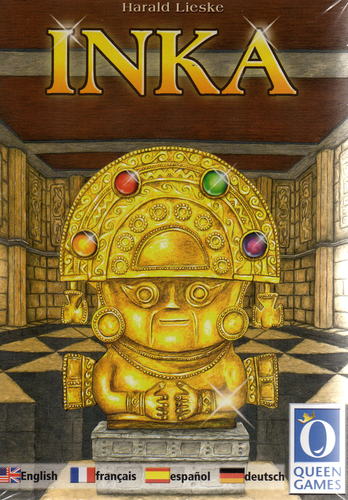
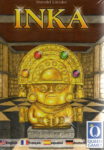
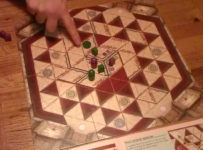


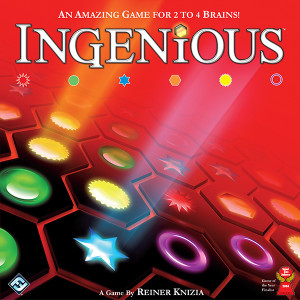
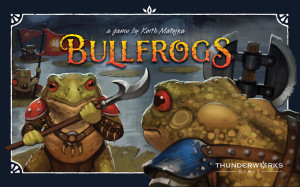
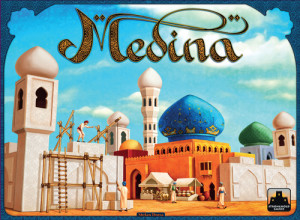
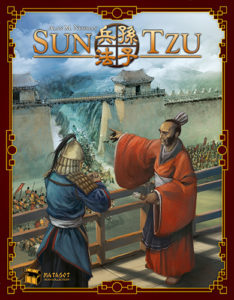
Sam says
I applaud how much depth there is to Inka, and if I was someone who loved slow, abstract puzzle games it'd get a big tick from me. I can envisage people taking their time over a game with a coffee or two, but it's not something to get the pulses racing or the laughter flowing on a games night - there's simply too much down-time between turns. However, it's certainly a game rich with tactical challenges.